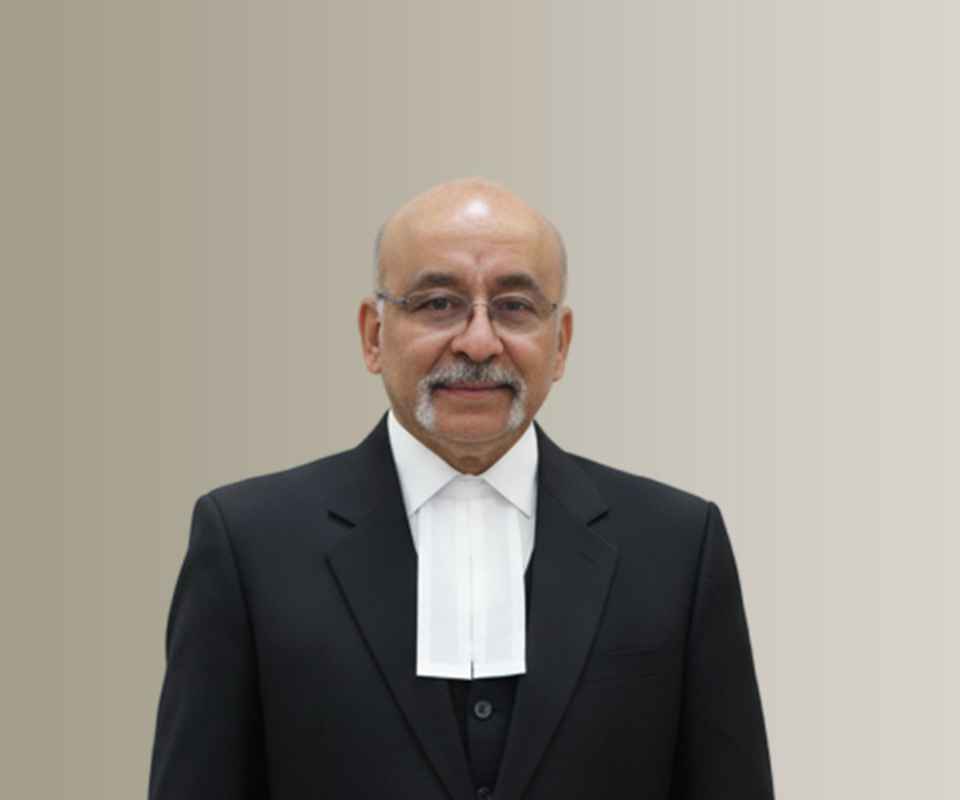Answer By law4u team
Extradition is a complex international legal process often involving considerable financial costs such as investigation, legal procedures, custody, and transportation of the accused or convicted person. Financial assistance or cost-sharing mechanisms may be necessary to facilitate efficient cooperation between countries. Indian law does not explicitly mandate such assistance but allows flexibility through treaties and diplomatic arrangements.
Detailed Discussion on Financial Assistance in Extradition
Lack of Explicit Statutory Provision in Indian Law
The Indian Extradition Act, 1962, does not explicitly provide for financial assistance or specify how costs incurred during extradition should be managed.
The Act primarily focuses on legal and procedural aspects of extradition, leaving cost-related matters to be governed by treaties or governmental policy.
Role of Bilateral and Multilateral Treaties
Many extradition treaties contain clauses dealing with the allocation of costs related to extradition, such as:
- Who bears expenses of arrest, detention, and trial.
- Responsibility for transportation costs of the fugitive to the requesting country.
- Provisions for reimbursement or sharing of legal fees and administrative costs.
India adheres to such treaty provisions and expects mutual compliance.
Indian Government’s Internal Funding
For domestic activities like arrest, detention, and court proceedings, expenses are generally borne by Indian law enforcement and judicial authorities, funded through the government’s regular budget.
Ministries like the Ministry of Home Affairs allocate resources for investigation, prosecution, and operational logistics connected with extradition cases.
Diplomatic Negotiations and Cost Reimbursement
In absence of treaty provisions, cost arrangements are often handled through diplomatic negotiations on a case-by-case basis.
The requesting country may be asked to reimburse transportation or other extraordinary expenses incurred by India.
Conversely, India may sometimes provide assistance or bear costs as a goodwill gesture to enhance international cooperation.
Costs Related to Transportation and Security
Transporting a fugitive internationally involves high costs—flights, security personnel, special escorts—which can be substantial.
Many treaties explicitly require the requesting country to bear these costs.
Where such provisions do not exist, India may negotiate terms prior to surrender.
Mutual Legal Assistance Frameworks
Financial assistance may also be relevant in the context of Mutual Legal Assistance Treaties (MLATs), where evidence sharing or other cooperation may require funding.
These arrangements may include provisions for cost-sharing or reimbursement, depending on the treaty.
Challenges and Practical Considerations
Lack of clear statutory guidelines on funding can delay or complicate extradition.
Some countries hesitate to proceed with costly extraditions without clarity on financial liability.
India’s discretion and diplomatic channels thus play a key role in resolving these issues.
Example
Country X requests extradition of a suspect residing in India. The Indian government covers costs related to arrest and court hearings. The treaty between India and Country X states that the requesting country must bear transportation costs. Accordingly, before the fugitive is handed over, Country X arranges and finances the secure flight and escort of the suspect. If no treaty exists, India negotiates with Country X to recover these expenses before agreeing to surrender.
Conclusion
While Indian law does not expressly regulate financial assistance for extradition cases, practical cooperation depends on treaty terms, government policy, and diplomatic negotiations. Indian authorities generally bear domestic costs, whereas transportation and extraordinary expenses are often borne by the requesting country or shared as agreed. Clear cost arrangements facilitate smoother extradition processes and stronger international cooperation.







